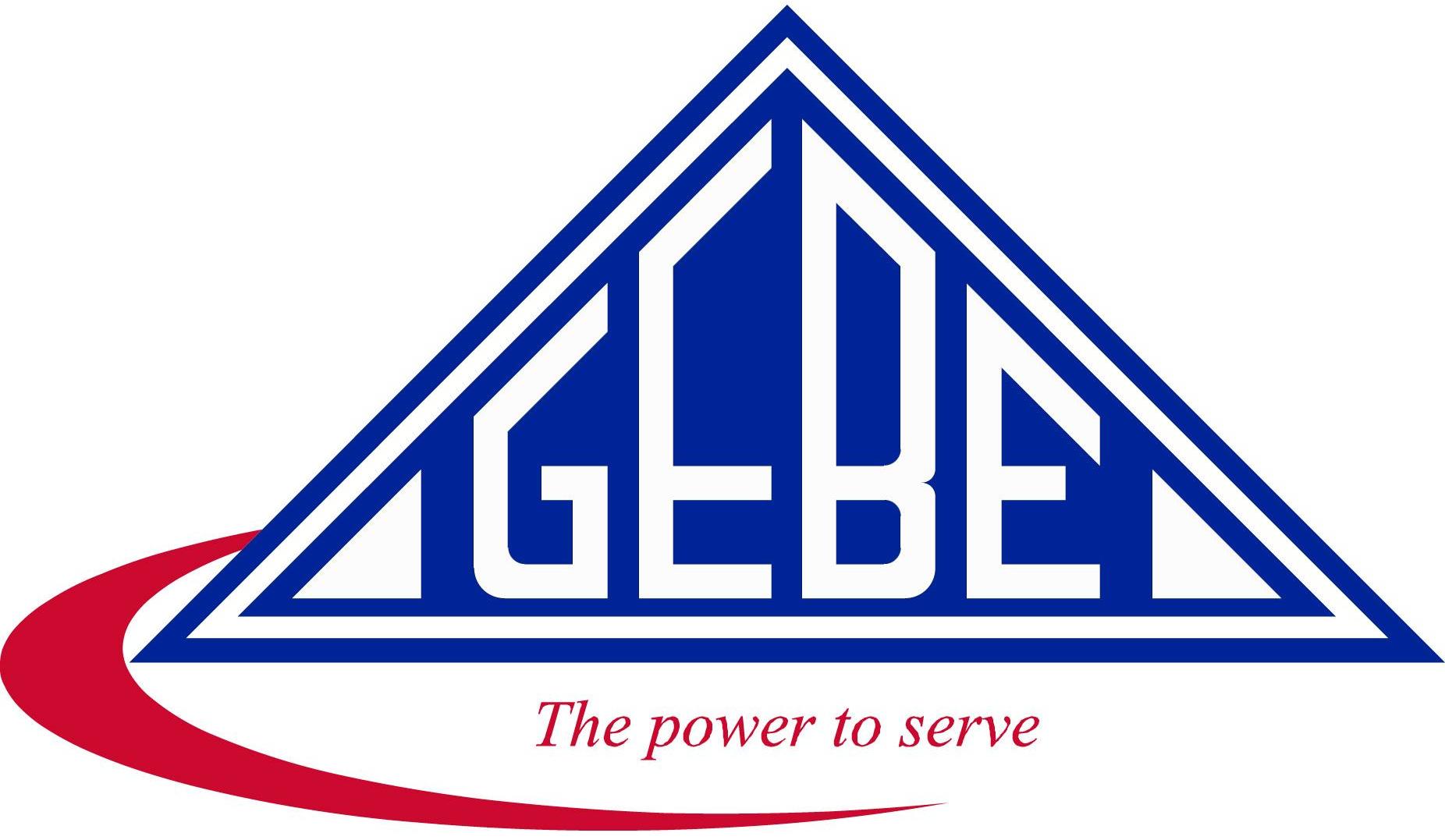
During the Summer Months
- Regularly check the air filter of your air conditioner – a clean air filter improves system efficiency, which should lead to energy savings.
- Set your thermostat at 24°C, a reasonably comfortable and energy-efficient indoor temperature.
- Have a professional check your air conditioning system to ensure that it works properly and is not leaking coolant.
- Be sure all windows are shut and outside doors are closed when the AC is on.
- It is important not to have lamps, televisions or other heat sources close to the air conditioner thermostat – heat from these sources may cause the air conditioner unit to run longer than it should.
- Check to ensure that no furniture or other obstacles are blocking ducts or fans. This will enable cooled air to circulate freely, making your home more comfortable.
Year-round
- Your water heater is the third highest energy expense in your home. If the water temperature is set at 60°C, turning it down to 50°C will save a few dollars each month.
- Using a microwave to cook meals uses about half the energy of a conventional oven.
- Washing clothes in cold water instead of hot can save you money per year.
- Another way to save energy in the laundry room is to put a dry towel in the dryer with each load of wet clothes. The towel will absorb dampness and reduce drying time, saving energy and money.
- Replace incandescent light bulbs with more efficient, compact LED ones. Besides saving energy, you will also save money in the long run, since the life span of a LED bulb is substantially longer.
- If you have a crawl space, inspect it regularly to ensure that the insulation inside is dry. When insulation gets wet, it isn’t as effective. Be sure to find the source of the moisture and replace any damaged insulation.
- Vacuum the coils on your refrigerator at least every three months. The dirt buildup makes the refrigerator work harder to keep the contents cool and therefore uses more energy.
